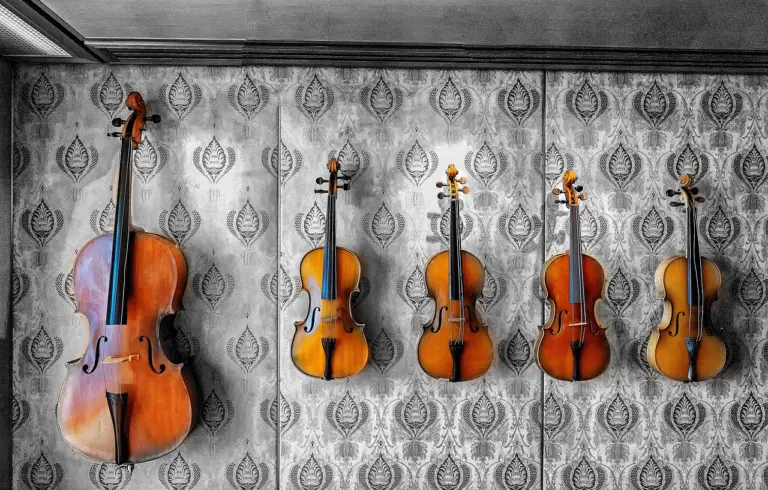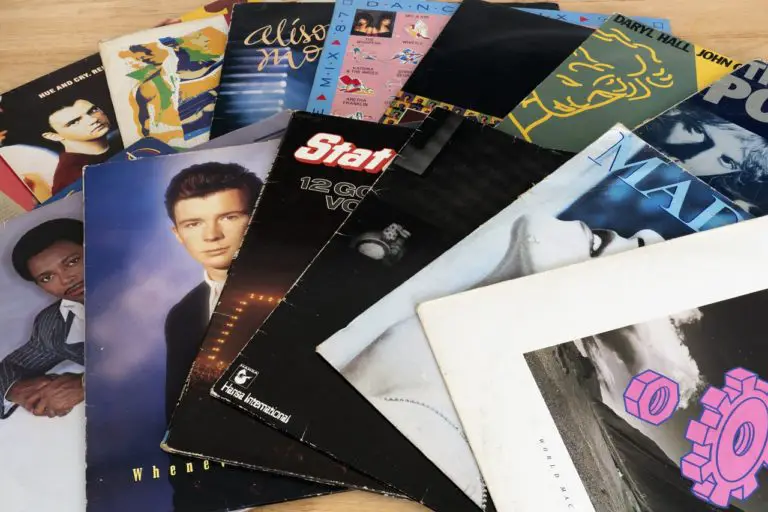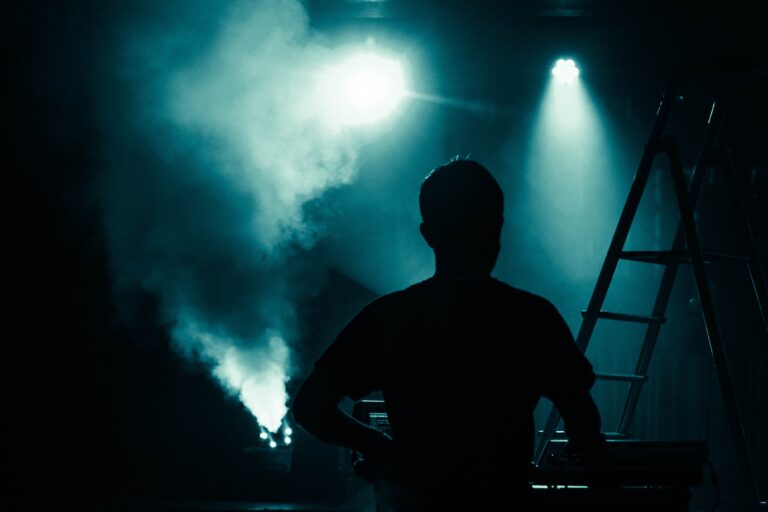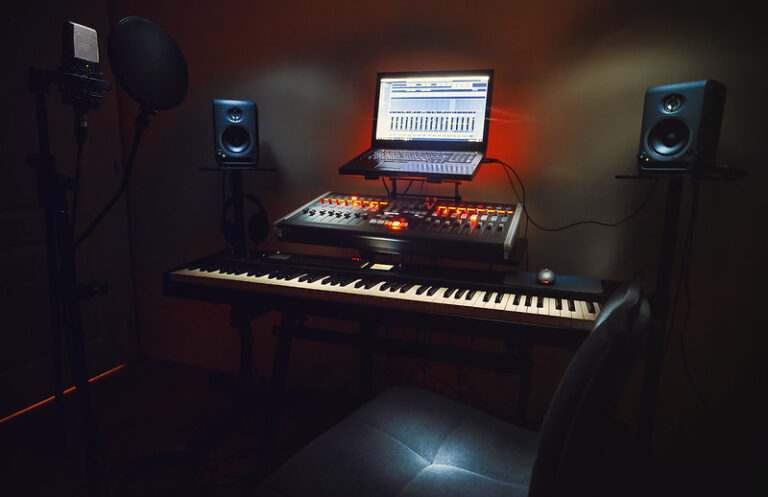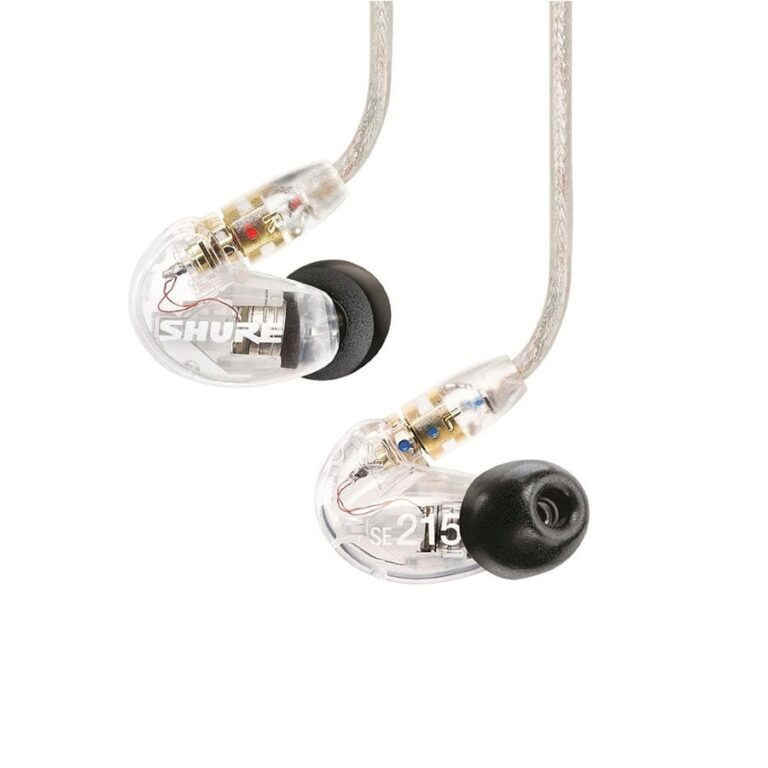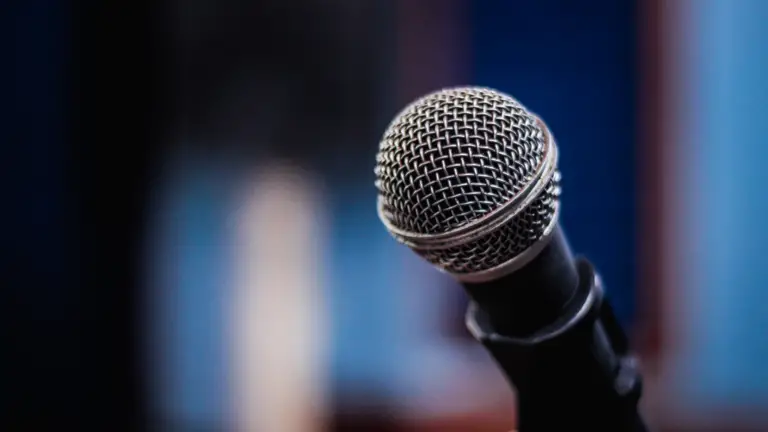How Long Can You Play a Song Without Copyright?
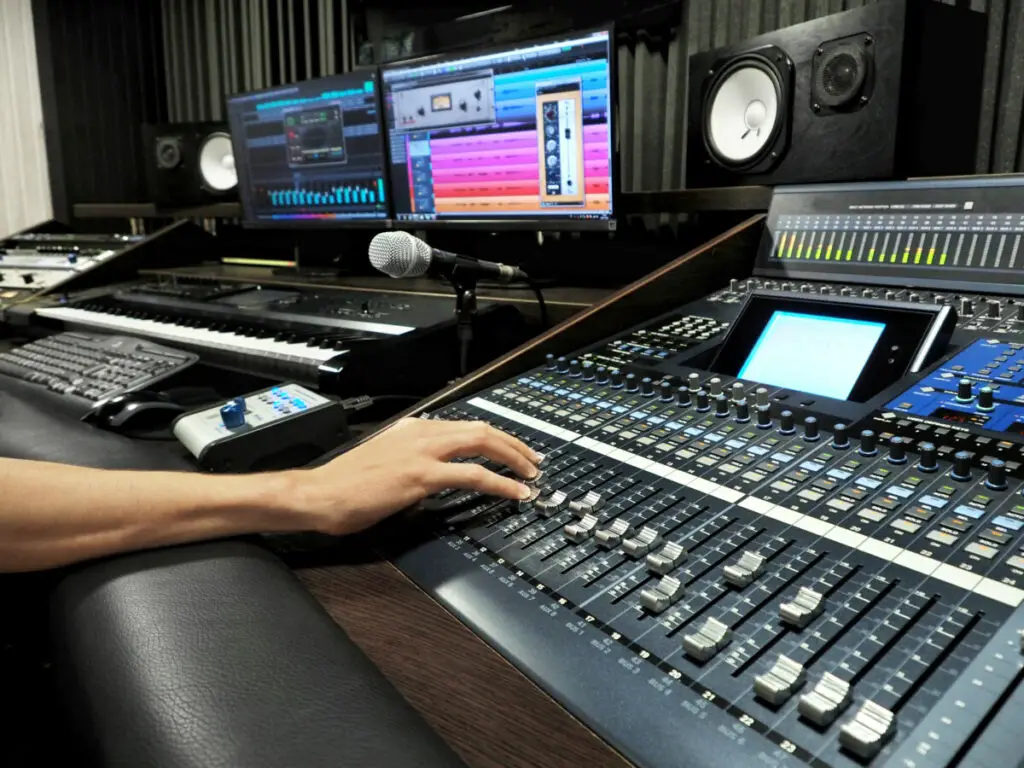
When aspiring artists or content creators consider using music in their creative projects, they will naturally have to study up on corresponding copyright laws. If someone wants to use a licensed song in their video or project, how long can they play it if they don’t own the copyright?
A copyrighted song can’t be used on social media, online platforms, or venues. Artists and bands copyright their songs to make money off their work. This way, they can regain lost income if you attempt to play it.
When it comes to copyright and music, it is also important to know the details about the laws around it. It is vital to understand the basics of copyright, how long you can play a song without a license, why you can use social media sounds safely and legally, and how long you can play a song when you have a license.
Note that this blog is for entertainment purposes. When using copyrighted music, always consult legal advice.
How Long Can You Play a Song without a License Without Breaking Copyright Laws?
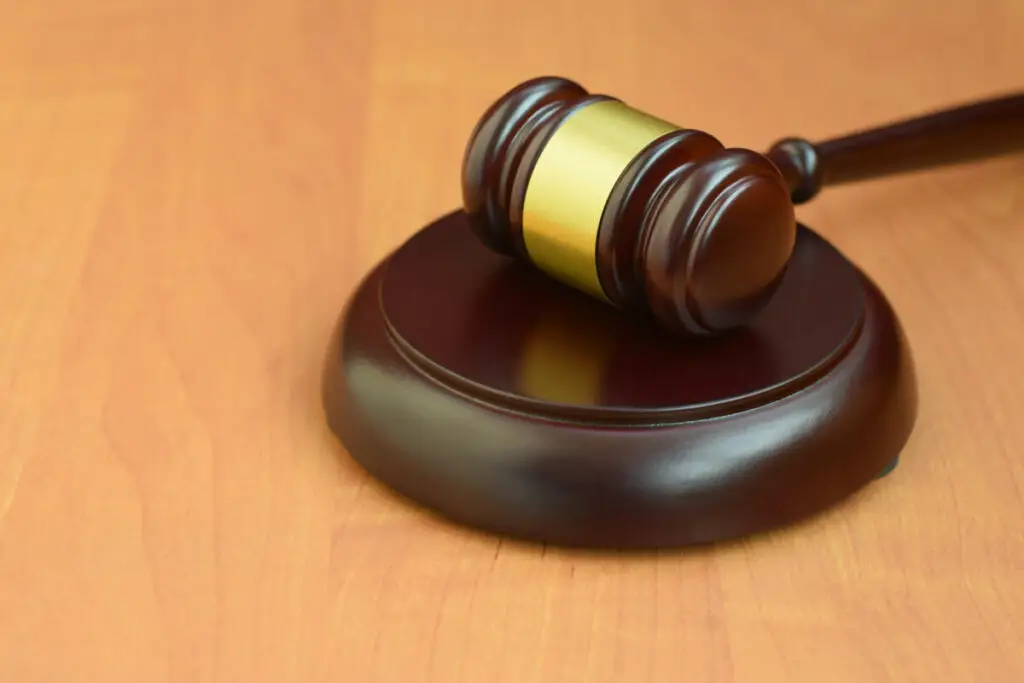
Contrary to popular belief, you cannot play any song without an official license without potentially breaking copyright law. Musicians and their lawyers will likely send a cease and desist letter as a warning to take down the content. If you follow the cease-and-desist letter, they probably won’t pursue further legal action.
This is true even if you only have a small portion (like 30 seconds) of a song in your content. If a copyrighted piece is used, even for a few seconds, online bots and safeguards will flag it as an unlawful use of licensed material that belongs to someone else. Artists and recording studios can also sue you for copyright infringement.
Getting Permission to Play Copyrighted Music
Below is a short step-by-step guide on how you might get permission to play copyrighted songs:
Step 1: Identify the Copyright Holder
Before you can get permission to play copyrighted music, you must first identify the copyright holder. Usually, this will either be the artist themselves, their record label, or a publishing company. You can often find this information by searching the databases of rights organizations like ASCAP, BMI, or SESAC.
Search for the song you wish to play on one of these databases. If you can’t find the music listed, contact the artist or their management directly. They might hold the copyright themselves or be able to direct you to the person or organization who does.
Step 2: Obtain a License
Once you’ve identified the copyright holder, the next step is to obtain a license to play the music. This is usually done by contacting the rights holder directly or through a music licensing company.
Send a letter or email to the rights holder or licensing company, specifying the song you wish to play, where and how it will be played, and whether it’s for commercial use. They will then inform you of any fees associated with obtaining a license. If you agree to the terms, they will provide you with a license to play the song legally.
Note that different licenses are required for where you plan on using it. For example, the rules differ if you want to play it in a bar, online, or as a band playing a cover song.
Step 3: Pay Royalties
After obtaining a license, you’ll typically need to pay royalties. These fees go to the copyright holder each time the song is played.
Keep track of how often the song is played, as most royalties are calculated based on use. You’ll usually need to provide this information to the rights holder or licensing company, who will invoice you for the royalty fees.
Step 4: Keep Records
Finally, make sure to keep records of all licenses and royalty payments. This will be necessary to prove you have the rights to play the music, particularly if a copyright dispute arises.
Keep a file of all licenses, receipts for royalty payments, and any correspondence with the rights holder or licensing company. This will provide a paper trail showing you’ve obtained and maintained the rights to play the copyrighted music.
Below are some tips from a legal YouTube channel that might help:
Why Can’t I Just Play a Short Version of the Song?
All intellectual property, as in things that people create, is covered by some form of copyright protection. Copyright allows an owner to establish how, where, why, and what a person can do with their property.
An intellectual property owner can sue and persecute someone for wrongful use of their property, including music. People have to seek out a license to be able to use the song without legal repercussions. However, there are limits to what people with a copyright license can do with the music for which they have the copyright license.
Some artists put their music under a Creative Commons copyright license. Intellectual property under creative commons copyright doesn’t always require attribution or permission to use.
The Six Types of Creative Commons Licenses
There are six types of Creative Commons licenses, defined below:
- Attribution (CC BY) – Allows people to remix, adapt, distribute, and build upon the original material for commercial use as long as you credit the original creator.
- Share Alike (CC BY-SA) – Similar to attribution, only you must license the changed music under the same legal terms. Commercial use applies in this situation.
- Non-Commercial (CC BY-NC) – You can do the same as attribution, but without commercial use, so you can’t make money with it.
- Non-Commercial Share Alike (CC BY-NC-SA) – You can do the same as attribution, but without commercial use, and you need to license the music under the same terms.
- No-Derivatives (CC BY-ND) – You can commercially redistribute the material in whatever format you want but cannot change the material and must credit the original maker.
- Non-Commercial No-Derivatives (CC BY-NC-ND) – Just like “No-Derivatives,” only you cannot redistribute the material commercially.
The original artist decides how that piece of property can be used. They might make it so you can use it but cannot make any money off of the content that you created using their music.
Does Fair Use Help Me Overcome Copyright Restrictions?
You might be able to claim that you can legally use the song because of fair use laws. Fair Use laws allow you to use copyrighted music when it meets certain criteria.
Fair Use is determined by factors such as if the creator does not use a substantial amount of the original work, if they transformed the material somehow, and if they did or did not cause large financial harm to the copyright owner.
However, Fair Use is hard to define and can be argued against in court. Usually, Fair Use allows content in specific situations, such as in classrooms for teaching purposes, criticism or commentary, reporting news, and research.
What About Public Domain Music?
Some music is considered part of the public domain. The public domain covers songs and other intellectual property at a certain age and has not been registered again for copyright ownership in a certain period.
People who use music in the public domain will not have to pay for a license, and they will be able to make money off of videos they use the song in. So there are no restrictions, as the music is deemed “too old” to profit from.
What Makes Songs Offered by Social Media Platforms Different?
Popular social media platforms like Instagram, Facebook, TikTok, and YouTube attempt to remove potential violations of copyright law in the sounds and music they offer for content creation. They work with artists so content creators can legally and lawfully use their music.
If someone posts their music on their profile, other content creators can potentially use it in their videos. The original artist will retain the rights to their music and potentially earn money when other people use it in their content.
The “potentially” part changes depending on an artist-by-artist case. Not all artists who post their content on YouTube let people use it for their videos. Even TikTok, which has a system for using the audio from other videos, might not cover potential legal issues.
What Happens if I Use Music on Social Media Without Permission?
Social media artists can pursue legal action against people who use their intellectual property inappropriately. These platforms have people and bots looking for violating parties.
Creators who have recorded and posted their own recording of a song or music that isn’t their intellectual property might be at risk. If platforms can identify that a sound has copyright protection, they will remove the sound from any content and the sound library. This might also lead to copyright strikes, banning you from your chosen social platform.
Pay close attention to the corporate policies of social media accounts when reposting music. Like playing an unlicensed song in a bar, this can become a major issue if you get caught.
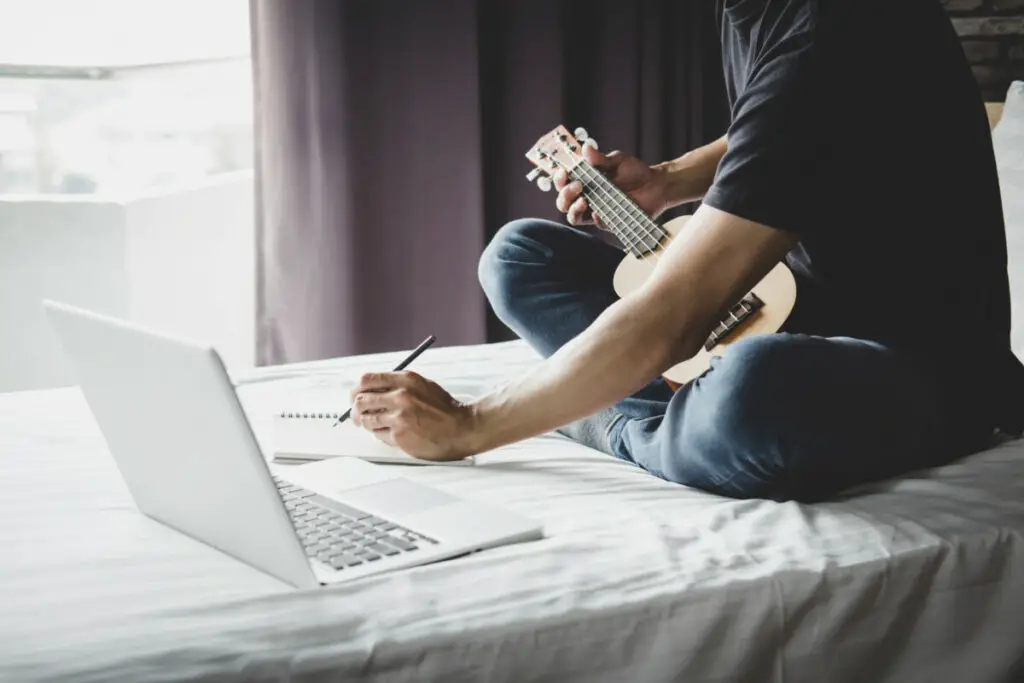
How Long Can a Licensed Song Be Played without Breaking Copyright Laws?
Usually, if a person can get permission from a song’s copyright holder, they can use the music legally under certain circumstances and time restraints. But there might be multiple copyright holders, so check your sources using the steps above.
It’s recommended that you hire a lawyer to get a copyright license so they can help you get the correct permission. Music lawyers can also help you understand your rights and limitations within the agreement.


